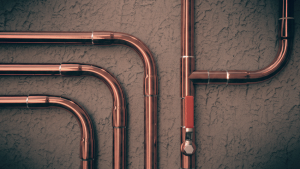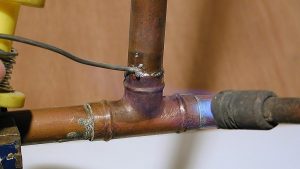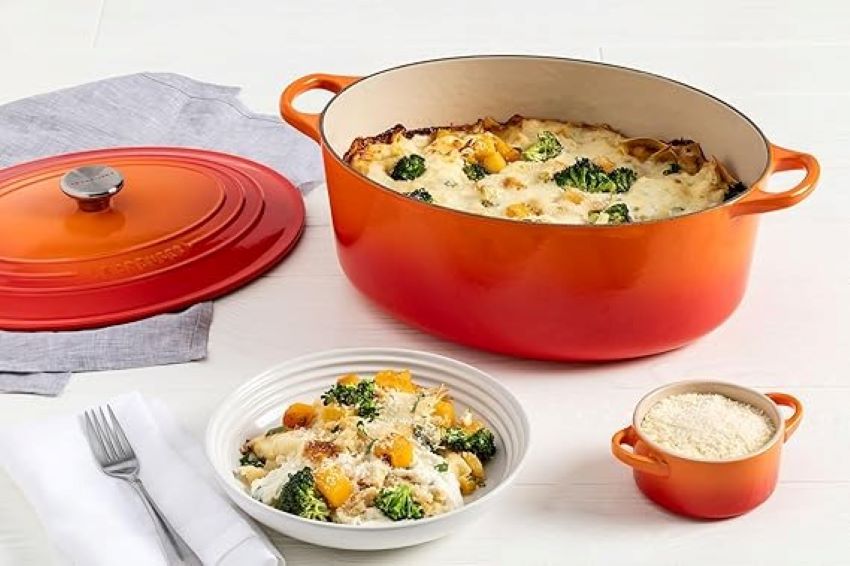
7 Signs Your Bike Needs a Brake Adjustment
December 30, 2021
Does Your Garage Need Insulation?
January 6, 2022Copper pipe is an extremely versatile product, exhibiting strength and thermal efficiency, and remains very popular with plumbers despite the emergence of plastic piping in recent years.
As a result of these qualities, along with its natural resistance to corrosion, and its malleability, copper has lots of applications.
Where and how is copper piping used?
Nowadays copper piping is widely used for domestic heating systems as well as refrigeration and air conditioning. It also has wider uses in manufacturing and in gas installations. It can be cost effective, easy to install and usually results in optimum performance.
Domestic plumbing is not the only area which has been revolutionised by copper tubing. In car manufacturing it is widely used due to its safety qualities and the fact that it can optimise production levels.
You may not realise it, but copper piping also plays a major role in the telecommunications industry. Transmitter masts have coaxial cables which have inner and outer conductors made from copper tube.
There are many other industries which also benefit from the flexibility of copper piping. These include the aerospace sector, the oil and gas sector, and of course pharmaceutical companies and hospitals. The latter two have very strict standards, and copper piping is a go-to standard for both.
Suppliers of both piping and copper pipe fittings can be found widely online at sites such as Watkins and Powis.
What are the advantages of copper piping over alternatives?
On the domestic front the vast majority of homes in the UK will have copper piping. It was introduced in the 1930s to replace the more traditional lead alternatives. One of the main improvements was in durability, and the copper piping also proved much more resistant to extremes of temperature, particularly during the winter months.
This type of piping is also cost effective, since it is easy to maintain and repair when necessary, cutting down on labour costs. Its resistance to corrosion means that it will prove less expensive over the long term.
Although PVC can be considered as a cheaper alternative to copper piping, most consumers will be aware of the problems of re-cycling the former in an environmentally friendly way. Copper on the other hand is a naturally occurring metal and can easily be re-cycled, and old tubes may even provide the base for new copper pipes.






